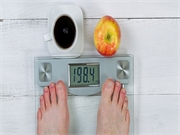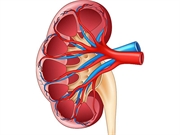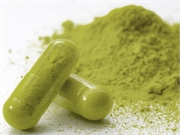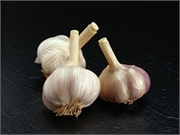
Measuring weight is key to calculating your body mass index (BMI), says the Centers for Disease Control and Prevention. To measure weight accurately at home, the CDC recommends: Use a digital scale. Avoid scales that are spring-loaded. Place the scale on a firm floor, rather than on carpet. Remove shoes and heavy clothing. Stand with… read on >




























